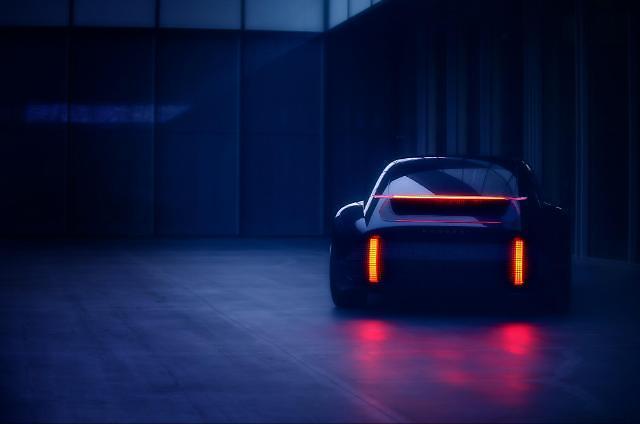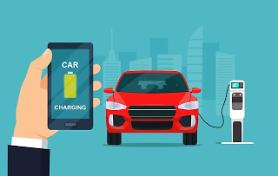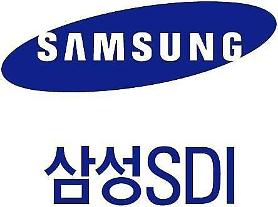
[Courtesy of Hyundai Motor]
SEOUL -- South Korea's Hyundai auto group will seek the pilot production of electric vehicles installed with solid-state batteries in 2025 by securing a competitive edge in technology and manufacturing through strategic cooperation with domestic and foreign battery makers.
The development of all-solid-state battery technology is underway, the auto group said in a conference call on April 22, saying it would try to mass-produce electric vehicles powered by solid-state batteries by 2030. Battery suppliers are trying to develop cheaper, more efficient, more powerful batteries.
German auto giant Volkswagen has unveiled a massive push to reduce the cost of producing batteries and eventually switch to solid-state technology that uses solid electrodes and a solid electrolyte, instead of liquid or polymer gel electrolytes. Compared to flammable liquid electrolytes, solid-state batteries have a lower risk of catching fire. Fewer safety systems are needed, further increasing energy density.
Hyundai showed its strong interest in new technology developed by Samsung researchers who have developed a prototype pouch cell for high-performance, long-lasting all-solid-state batteries that would enable an electric vehicle to travel up to 800 kilometers (497 miles) on a single charge.
With solid-state batteries, faster charging, higher voltage and longer cycle life are possible. However, challenges to widespread adoption include energy and power density, durability, material costs, sensitivity and stability.
Solid lithium metal anodes in solid-state batteries tend to suffer from the formation and growth of dendrites which can produce undesirable side effects and reduce a battery’s lifespan and safety. Samsung researchers used a silver-carbon (Ag-C) composite layer as the anode to reduce thickness and increase energy density.
Copyright ⓒ Aju Press All rights reserved.


